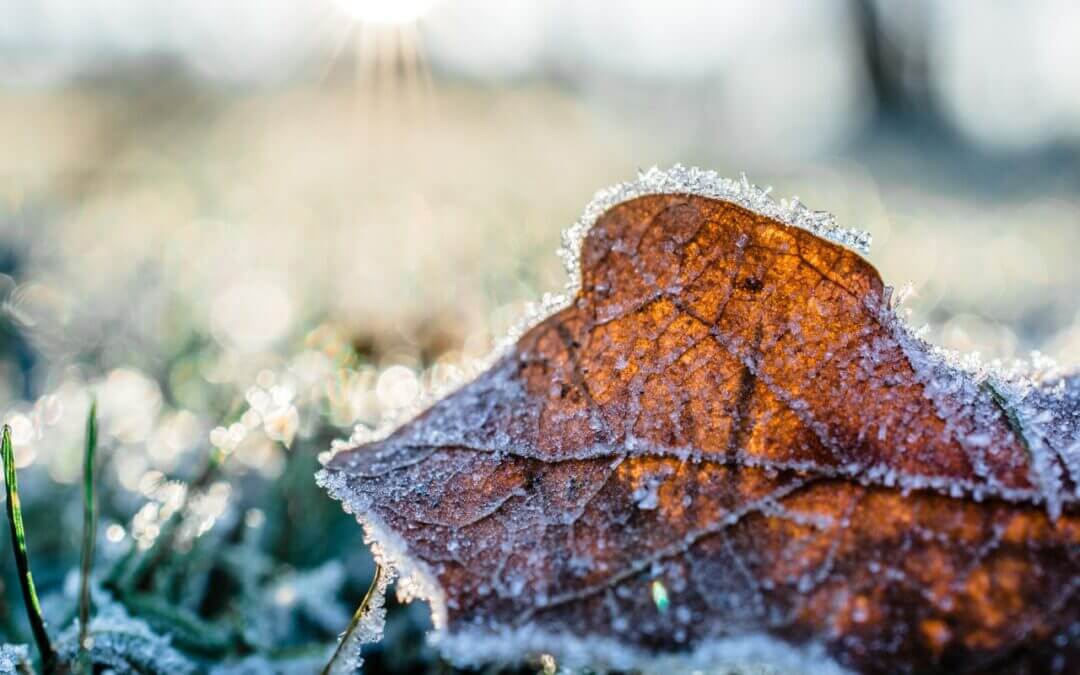Prepare Plumbing for Winter
Let’s talk about cold proofing. December in the Atlanta area started with a cold snap, and there’ll be plenty more to come. You may be asking yourself, “How do I cold-proof my plumbing?”, so let’s make sure you don’t end up with an emergency from a burst pipe this winter.
When the temperature outside drops low enough, the water in uninsulated pipes can freeze, and as the water expands into ice, it can tear a hole right through a piece of copper–and, while PEX piping is more flexible and can withstand more stretching, there’s still a risk it could rupture. Why take that risk if you don’t have to?
Fortunately, any pipes in your home’s interior walls are already plenty insulated from the outside cold, unless you live in a giant refrigerator. Aside from those, you may have exposed pipes in your garage; if the garage gets below freezing when the outside temperature drops, you should insulate those as well (you can purchase pipe insulation online or in most hardware stores).
Showerhead and Exterior Walls
There remain, however, two groups of pipes that may not be insulated enough to keep them from freezing: lines running to hose faucets and lines running to showerheads on exterior walls. If the temperature gets low enough to permeate the hollow spaces in an exterior wall, any pipes there are at risk of freezing and bursting. Fortunately, there are ways to eliminate that risk.
Tubs and Showers
In the case of tubs/showers with the valve on an exterior wall, the solution is simple: drip the faucet at night. By keeping the water gently but constantly moving through the pipe, you can prevent it from freezing. If the sound is too irritating, just place a towel or similar object under the spout to dampen the noise.
Hose Faucets
For hose faucets, you’ll want to drain the water out of the line entirely unless you have frost-proof hose bibbs. Every spigot should have an indoor shutoff valve somewhere in your house (the operative word being “should”). The most common locations for these indoor valves are: near the water heater; under a sink, branching off the cold side; or otherwise in the general vicinity of the hose faucet itself. To drain the line, simply close the inside valve and open the outside faucet. The great thing about this method is that you can do it when winter starts and then forget about it until the next time you need to use a hose.
Cut-Off Valves
If you can’t find your indoor shutoffs, give us a call – if you have them, we’ll find them, and if you don’t, we’ll install them! Of course, if you do ever have a pipe freeze and burst, call us for that and we’ll get it fixed. If you follow these tips, hopefully, you’ll never have to worry about that. Until next time, stay safe, stay warm, and stay Plumb Smart!
Schedule a Plumber
Schedule a plumber if you need assistance, we are happy to help.
Read our reviews to learn more about us or our services.

